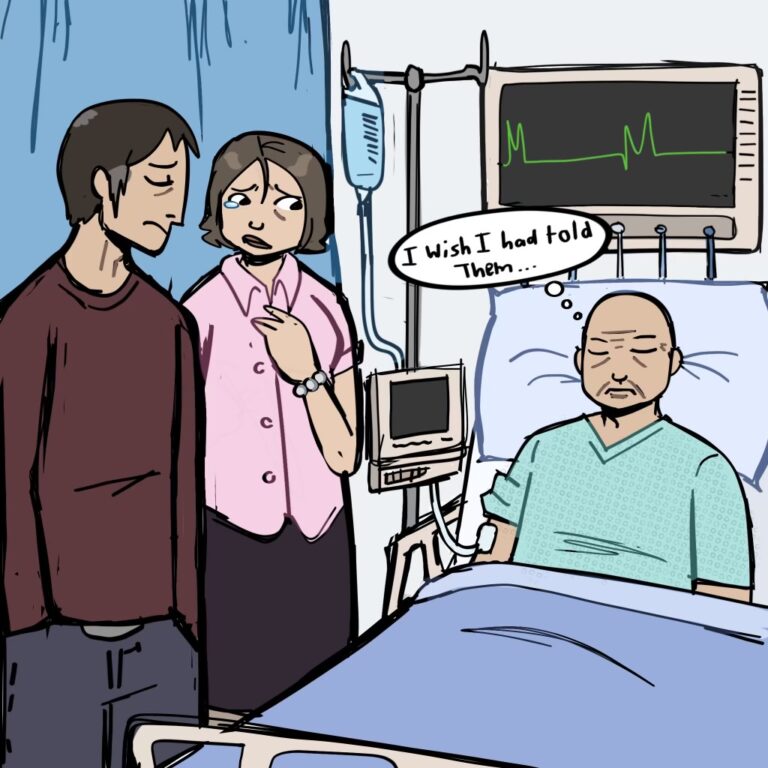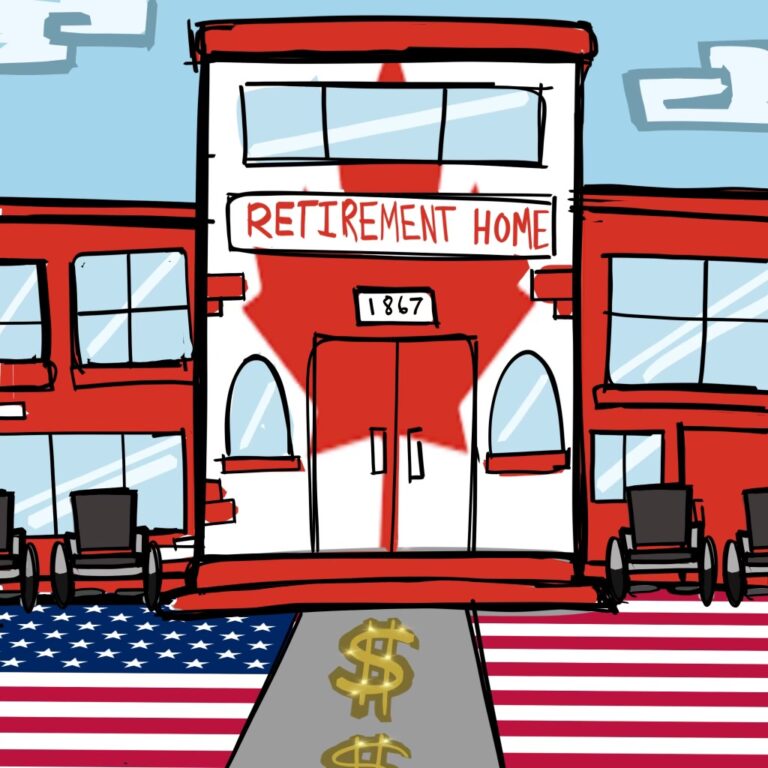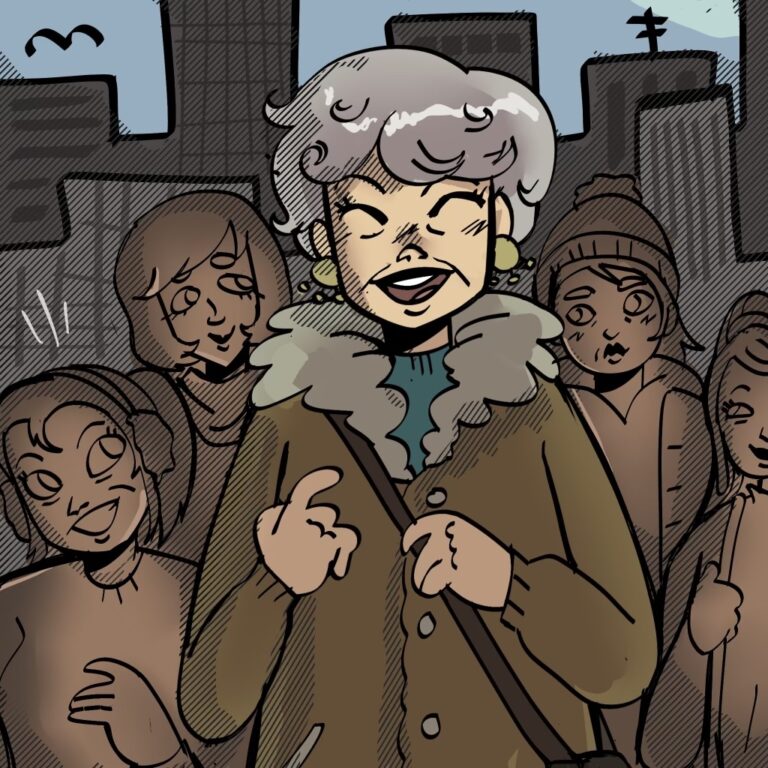We continue with Frank’s story – the elderly gentleman who needed both medical attention and care – and fell prey to the broken system that allowed him to be shuttled in and out of the various interconnected components of our health care system.
Frank’s health challenges would or could likely occur under any circumstances given his genetics and lifestyle – where change can be affected is in how we manage our own self-care – before, during and after a health crisis, or the onset of a chronic condition.
As we tried to explain in the past 2 blogs about Frank’s most unfortunate experience, the common mistake Canadians make is assuming the Health Care System provides any type of ongoing CARE. It does not. The Health Care System is focused on treating medical ailments, and while “long term care” facilities exist it is becoming increasingly more difficult for anyone to access.
Allow us illustrate – should your child break a leg, you would take your child to see a doctor. The fracture is set and you are sent home with instructions and follow up appointments. Any additional care or accommodation for the fractured leg is up to the parents to figure out (ie/ getting to and from school, picking up homework, transportation to follow up appointments etc.) In most cases, the child will get back to their normal life once the cast comes off – crisis over.
When an older person falls in the bathroom and breaks a hip they are also given treatment. They are also sent home with instructions and follow up appointments. The “system” might send a nurse to check on the healing, and possibly a caregiver to assist with showering. In many, many cases, because the broken body is old and odds are the recovery will not be complete, the crisis will likely lead to more challenges, and possible further “ailments”.
And therein lies the shame. The 88 year old body does not recover fully as does a 14 year old body.
The CARE part of the system relies on women and other family members. The longer term care requirements as people age was dealt with by governments the way cartoon sailors deal with leaky boats – stuffing holes with bubble gum. In addition, elected officials do not tell us the whole truth about our failing system. As a result we have this piecemeal, band-aid mess of a system that has been teetering on the brink of collapse for years and then COVID hit us, and flu season.
Also, in a country with a growing aging population the shift from treatment to care would be an unpopular focus because nobody wants to admit they are getting older. As we age we are largely responsible for our own care. Also, all the challenges that come with an aging body and mind are not seen as acute illnesses. They are chronic conditions. (think incontinence – people are not hospitalized for chronic conditions) Because we are responsible for our own care we need to talk about it openly and honestly and discuss the realities of life – aging, chronic conditions, and death. We need to save for our care. We need to understand that self-care is NOT health care.
Now, let’s circle back to Frank.
Sadly (truth bomb) stories like Frank’s are an everyday occurrence and more people have his kind of conveyor belt experience than not.
Here is what might have been helpful for Frank:
- Lean into aging. Talk about it, accept it, plan for it. There is no shame in it.
- Address the little changes as they arise. (walker, bathroom bars, stair lifts)
- Drop the assumption that care and treatment are available when needed. Ongoing care is your responsibility.
- Talk about what is going on with your body and your brain. Park the shame around needing help.
- Advocate hard. Ask your doctor the tough questions – what does 5 years look like? 10?
- Work with a social worker to help you navigate the system.
- Accept that you will have to spend money on self-care. Be prepared. It is expensive but it can dramatically improve your life.
- Reach out to services such as ours. We can point you in the right direction.





